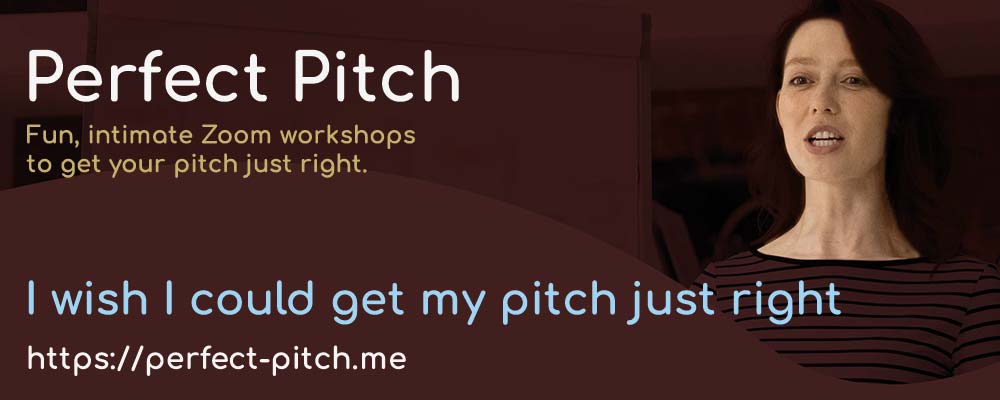So, why does it matter who your competitors are? And if you’ve got some work coming in, well, why stress about where the next sale is coming from.
There was a great piece I read a while ago about the role of the ‘Product Manager’ position in a company. You know, the person that is tasked with getting the product portfolio to market. And that could be anything from Rice Krispies (something you can touch) to life insurance (something you can’t!).
The point here is that rather than having a product or service and trying to sell it, why not become a Customer Manager, find out what your customers actually want and then satisfying that need. Who do you think gets to be the winner?
I’ve seen it all too often, the more traditional company continues to do what it has always done. The forward-thinking company looks to ask questions and looks at what the competition is doing, and how much they are charging for it!
So, who are the ‘we didn’t see it coming’ companies and what could they have done about it anyway? Many are some of the big national brands like Woolworths and Red Star*.
Woolworths simply didn’t see the growing power of the supermarket chains who encroached on their territory, to the point where their market voted with their feet.
Red Star Parcels was a great idea. Put a package on the train which is going to Birmingham anyway and let the recipient know it’s on its way. Now, all that business is trawling up and down the motorways in lorries instead. Red Star was too slow to enhance its service and just didn’t see the plethora of overnight carriers emerge.
*Red Star Parcels was a service which used passenger trains for transporting parcels between passenger railway stations throughout the United Kingdom, owned and operated by British Rail. It was introduced experimentally on 1 April 1963. It became defunct in 1999.
But you’re running a smaller business, right? The same rules apply. And crucially, your competition might not even come from where you might expect!
So, I’m suggesting you do what I do when I start working for a new client: I do a competitor analysis. That analysis might look a little like the list of questions below (for the sake of this demonstration, we’ll call the company Green’s Accountants).
- Who else provides the service you do?
- What’s your geographical reach?
- How switched on are you to using the growing number of cloud accounting services, such as Xero, Sage online etc.?
- What’s your client profile and do you want that to change? Bigger, smaller?
- Could your client base reduce through the onset of technology and the use of online platforms?
- How will HMRC’s move to ‘Making Tax Digital’ impact on your clients?
- How does your business look online? Good website? ( I already know the answer to that – and it’s not good. I’d say 90% of the SME websites I see are at best average! Yes, really!)
- How welcome do potential customers feel when they call you? Answering services can lack the tactile handling of clients and potential clients, and can demand a lot of information that the people calling your business may not be inclined to divulge.
- On some of the benchmark basic accounting services (e.g. a 5-person limited company, sole trader, larger SME etc.), how competitive are you?
- What does the customer experience look like? I’ll mystery shop the company I’m about to work with, as well as their competition!
- What services could you be offering that your competitors do? Could you be training on the new Saas (Software as a service – Xero etc.)?
- Could Google, Amazon, Apple or Facebook start offering something that could erode your margins or even your complete service?
- Should you be open on Saturday and Sunday?
- Could a national call centre provider offer the same service as you for less? Remember, just because you (Baby boomers and Gen X) think it matters that you’re local does not mean it matters to the millennials!**
The world in which we live is an unforgiving place, forever changing and developing at a speed that is sometimes difficult to reconcile. Business is harder to win and it seems loyalties just don’t exist in the way they used to.
So it’s more important to understand what your competitors are doing and charging for the services or products you all provide. It’s as important as the customer experience you provide too.
And what about those voices that say ‘we’ve always done it this way’? Time to move on I think.
If you’d like assistance in getting your proposition sharpened and honed as well as understanding what can be done to create a genuine competitive edge, why not have a chat with me? It’ll cost you nothing and it might just make the difference you need.
**

